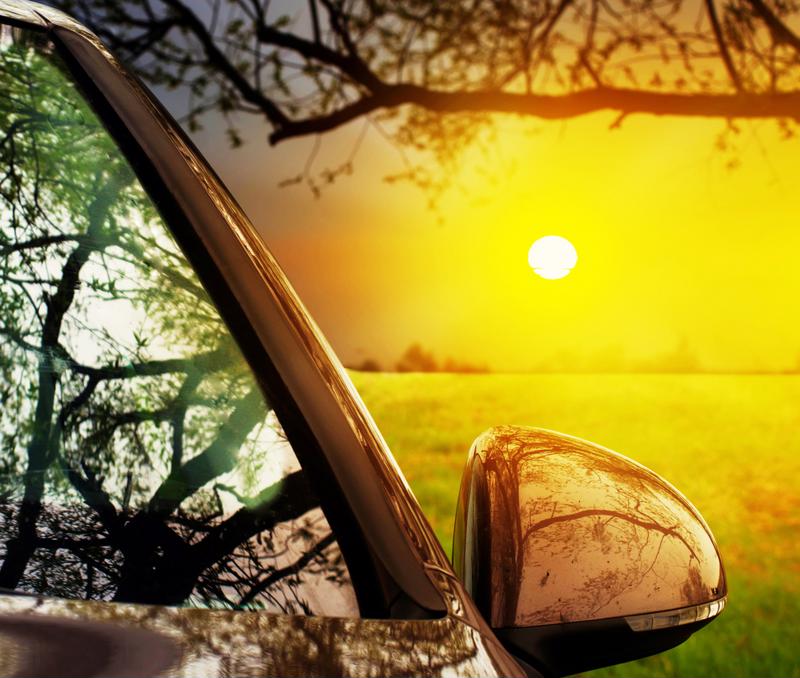Media reports might give parents a wrong impression of the dangers facing their children. For instance, there's a better chance of being struck by lightning across one's entire lifetime than being kidnapped by a stranger as a child. By contrast, car crashes are the single most common cause of death for kids.
During Child Passenger Safety Week, which ran Sept. 13-19, authorities hoped to get across several life-saving messages. Let's take a look at some key points, going from youngest to oldest children:
Car seat tips
The first thing to know about car seats is you almost certainly think you've installed yours right. And you're more than likely wrong. Statistics cited by the National Highway Traffic Safety Administration show that three out of four car seats are not put in correctly. Many local fire departments will install your car seat for free. And if the firefighters on duty at your neighborhood's fire house don't know how, they can point you to other local resources.
Children under two should not only always be placed in a car seat. That car seat should face backwards as long as possible.
"Car seats have expiration dates."
As children grow in age, weight and height, recommendations change. Parents need to keep an eye on their car seat labels to make sure their kids haven't gotten too tall or heavy for that particular seat. As a family goes through different car seats, here's something you might not have thought about: Car seats have expiration dates because the materials in them deteriorate. If one of your family car seats has passed its useful life, don't simply set it out in the trash. Put it in a dark-colored trash bag to discourage other parents from picking it up.
Only teens and up can ride up front
The safety features of cars, including seat belts and airbags, are largely designed for adults. Even with improvements to airbag technology, the front seat is a dangerous place for pre-teens. That's why children should not ride in the front seat at all until they are 13.
Prevent heatstroke
Cars can be dangerous for children even off the roads. It can be tempting for parents to leave their children in the car while they duck in to a convenience store, for example. But temperatures can rise quickly in cars, even with the windows cracked on a day that isn't a scorcher. The simple fact is it's against the law in nearly 20 states to leave children alone in cars. Whatever the laws in your state, it's worth knowing that in 80 percent of the cases where a child died from being left in a car, it wasn't because the parent knowingly left their child to run an errand. It's because they simply forgot the child was there.
 Leaving children unattended in cars is illegal in 19 states.
Leaving children unattended in cars is illegal in 19 states.
Avoid 'backovers'
Child safety isn't just an issue when children are inside cars. Recent news from the small city of Cheltenham in England provides an example. A young father took to Facebook hours after his toddler was hurt in a collision, writing, "I beg anyone who was on Hester's Way Road between 8:30 and 8:40 ... doing school runs or catching a bus etc to please call the police and help find who did this to my little man."
The father later discovered, to his horror, that surveillance footage showed it was he himself who'd backed over his 15-month-old son. Luckily, the story has a happy ending as the boy's injuries aren't life threatening and he's expected to recover fully. The NHTSA offers a number of tips for avoiding "backovers," including:
- Roll down your windows when backing out so you can hear.
- Teach kids not to leave toys or bikes in driveways.
- Always check the area around your vehicle before backing up.
Childless drivers have responsibilities too
If you've read this far and you don't have children of your own, bravo for you. You probably recognize that you play a key role in keeping children safe on the road by not causing crashes. And while being a safe driver requires constant alertness, the single best thing non-parents can do is never to get behind the wheel when you've been drinking. That's because nearly 40 percent of fatal collisions in the U.S. involve alcohol.